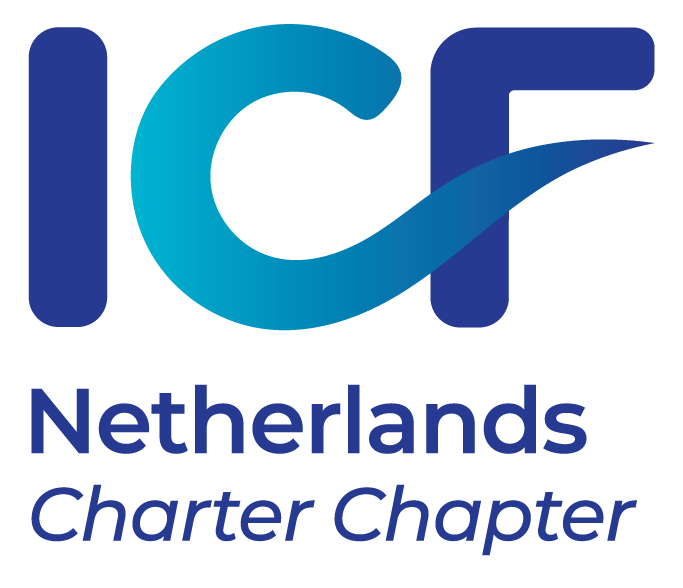Navigating a sudden, deep and widespread crisis, like a global pandemic, requires a level of calm fortitude and resilience that is not called forth every day, rarely in most lifetimes. Science offers us the concept of psychological capital, the resources in our psychological bank accounts that keep ourselves, our teams, and organizations positive, responsive, agile, and effective.
What is psychological capital?
Psychological capital or PsyCap is a robust construct which has emerged from positive psychology over the past 15 years. It comprises four resources that make the acronym HERO – Hope, Efficacy, Resilience, and Optimism. Let’s look at how to invest in these synergistic HERO resources and keep your psychological state in a positive zone more days than not.
1. Be a realistic optimist – While exploring and preparing for worst case scenarios, invest in anticipating favorable outcomes.
Full exploration of worst case scenarios and having a clear plan to deal with them is essential, but it can become paralyzing, if fear of downsides dominates our mindsets and moods. Make equal time to carefully explore upside opportunities for a better future that, with intention and attention, can emerge from a crisis. What new learning and skills can be developed? What shifts in mindset, behaviors, and processes can improve the future? A healthy dose of optimism emerges from a healthy focus on the good that can emerge for people, teams, organizations, and societies.
2. Generate hope that is grounded – invest in the willpower and waypower that keeps the flame of hope for a good outcome burning.
Investing in hope means designing goals that bring willpower. In a crisis, we need short-term goals that are meaningful and motivating and appropriate for the situation at hand. The second step is grounding the immediate goals by generating at least three pathways to get there. The creativity sparked by the generative process increases the hopeful belief that we have the agility, flexibility, and ingenuity to adapt a way forward as events quickly emerge. 3. Cultivate efficacy continually – the confidence that we can be successful at each step of the journey Low confidence slows or halts action while healthy confidence triggers and energizes action. Be sure to craft action steps every day that are an activating stretch rather than a discouraging over-reach. If you need to cultivate confidence, the tougher the challenge, the smaller the next steps. Help people reflect on what will increase confidence (ask “what will it take to improve your confidence of a positive outcome”) so that each day, or even each hour, brings small but perceptible traction and progress. Celebrate, warmheartedly, small progress steps to anchor confidence, when it is fragile.
3. Drive resilience – be proactive in spotting the positive in the negative to support quick bounce-back from adversity Realistic optimism, grounded hope, and gradual but perceptible confidence improvements together help us bounce back quickly on the bad days and weeks of a crisis.
Add to that mix an adequate level of positive emotions as fuel for resilience. Positive emotions come in many packages – gratitude for what is good in our lives, connection and sharing of challenges, compassion and love for others’ suffering, a sense of zest and adventure as we navigate the unknown, a sense of purpose and calling to transcend a crisis, and the joy of collaborative teamwork to overcome challenges. And don’t forget your body – physical exercise, healthy nutrition and sleep support your psychological strength and resilience, and importantly at this moment, your immune system.
Tips for Coaches
- Be a realistic optimistic. Balance planning for worst case scenarios with imagining upside possibilities for the growth and good that will emerge.
- Generate grounded hope. Generate at least 3 pathways to goals to unleash the agility and ingenuity to navigate the path forward.
- Never stop cultivating confidence. We are paralyzed when confidence is low. Use all your coaching skills to help people have enough confidence to take the next step.
- Drive resilience. All of the above, plus an intentional focus on plucking the positive experiences out of a crisis. Connect, collaborate, be grateful and compassionate, tap into your sense of adventure and purpose.
- Take care of your body and health. It’s our most important asset, when a virus is our collective foe. We will overcome this crisis, wiser, stronger, and better than ever before.





